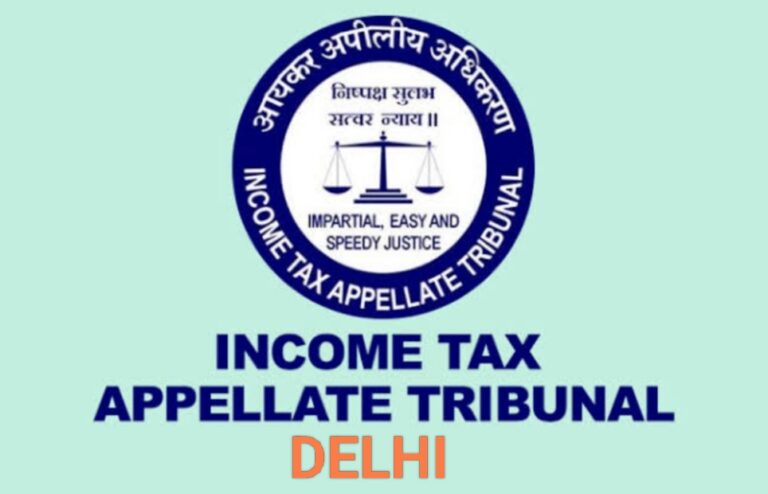In a significant ruling, the Delhi Income Tax Appellate Tribunal (ITAT) has reiterated that additions to an assessee’s income cannot be made solely on the basis of loose papers or rough notings found during a search operation unless such documents are supported by corroborative evidence. The Tribunal emphasized that “dumb documents” or unverified scribblings lacking signatures, dates, or any link to actual transactions cannot form the basis of additions under the Income Tax Act.
This judgment reinforces a well-established legal principle that loose papers, diaries, or rough jottings—without independent verification or substantive proof—carry no evidentiary value in income tax proceedings. The case once again highlights the burden on the department to prove that such documents actually represent undisclosed income attributable to the assessee.
This ruling is expected to serve as a shield for taxpayers in search and seizure cases where tax authorities rely on ambiguous documents that do not pass the test of evidentiary reliability.
Here’s a concise summary of this notable Delhi ITAT case that underscores the principle: no additions can be based solely on loose papers or rough notings without further corroboration.
📝 1. Sanjay Taneja vs ACIT (AY 2010–11)
- Background: A search operation revealed two handwritten diary pages among “rough estimates” of possible loans (though nothing was booked/paid). AO alleged unexplained investments of ₹6.81 cr (u/s 69A) and ₹16.25 k as interest, relying heavily on these notebook entries
- Procedural History:
- CIT(A) had struck down most additions in September 2014.
- Revenue appealed, and the ITAT “G” Bench remanded the matter for detailed inquiry on the named individuals.
- In March 2019, AO reinstated additions; CIT(A) upheld them in May 2022.
- ITAT’s FINDINGS (July 2025):
- The diary pages were mere “rough notings”—no evidence of any materialized loan or payment.
- There was no corroboration (bank records, testimonies, ledgers) tying money to the assessee.
- Thus, the additions were quashed for lack of evidence beyond those loose notes.
📌 Key Legal Principle
Additions based solely on informal scribblings—without signatures, clear references, or corroboration—are “dumb documents.” The ITAT emphasizes that such notings cannot prove undisclosed income in the hands of the assessee.
✅ Practical Takeaway
For Delhi ITAT (and other benches), mere notings in diaries or loose papers—even if seized—do not constitute evidence of unexplained income unless backed by:
- Confirmed transactions (e.g., bank transfers)
- Witness or seller statements
-
Documentation like contracts, bills, or signed notes
